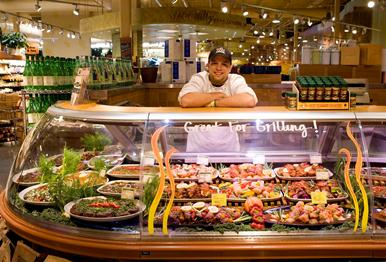Food Trucks Have Staying Power, Says Technomic
Wednesday, 31 August 2011 20:00Most consumers who have enjoyed dining from a food truck say they’re not a passing fad. But many non-users are still hesitant to try one out.
A new study by Chicago-based trend-tracker Technomic reveals good news for mobile food vehicles, as 91% of consumers polled who are familiar with food trucks say they view the trend as having staying power and not a passing fad. Only 7% of consumers who use mobile food vehicles (MFV) say they expect their frequency of visits to food trucks to decrease over the next year.

 As you plan your goals and desires for your courses, student activities and department, here are three useful tools to inspire.
As you plan your goals and desires for your courses, student activities and department, here are three useful tools to inspire. Take a 50-pound bag of carrots and peel and chop 40 pounds of them. What percentage is that? The following 25 questions not only indicate math areas where students might be weak, but also teach basic culinary and management skills.
Take a 50-pound bag of carrots and peel and chop 40 pounds of them. What percentage is that? The following 25 questions not only indicate math areas where students might be weak, but also teach basic culinary and management skills. Many foodservice students today have yet to experience fine dining. But it’s just as important to expose them to the several other service styles in the marketplace so they may excel in their careers.
Many foodservice students today have yet to experience fine dining. But it’s just as important to expose them to the several other service styles in the marketplace so they may excel in their careers.